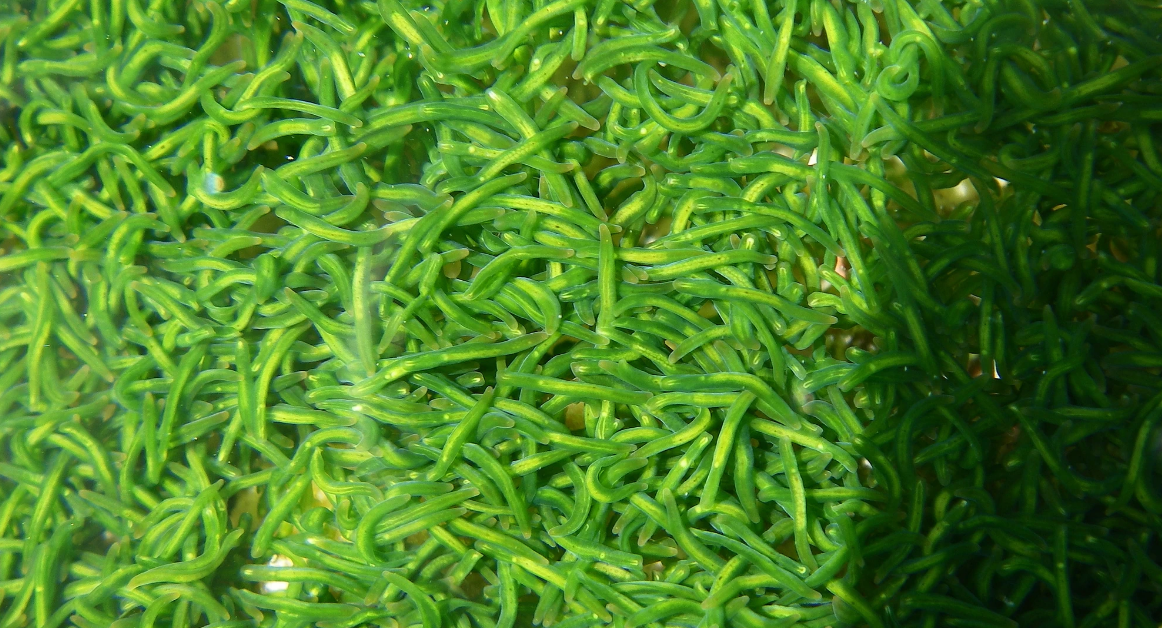- Small worms called the Symsagittifera roscoffensis seen in the Channel Islands.
- A biologist and her team traveled to the northern shores of Guernsey, Channel Islands, to see the circular milling that the worms were said to execute.
There have been tiny, green worms spotted on the beaches along the eastern Atlantic coast of England, Wales, France, and the Channel Islands. They have gathered in groups near small boulders.
They may look like algae or even seaweed, but they are actually the Symsagittifera roscoffensis, a plant worm. It is also called as “mint-sauce” by some due to its vibrant color. At first glance, it looks and acts like a plant. But it has a rudimentary brain and nervous system.
Meaning that when you chop its head off, it can regenerate. It also has cell walls, eyes, and wiggly tails.
Algae gets incorporated into its body, between the skin and muscles, as it becomes the source of nutrients it needs to stay alive.
The worms actually conduct a fascinating activity. They get denser until a swirling mass forms and the movement stops. The pools then start drying up as the worms become a verdurous mat and when the tide returns, they simply retreat into the sand.
Video courtesy of Sendova-Franks et al.
According to Ana Sendova-Franks, a biologist who is studying the worms and collective behavior (usually in ants) at the University of the West of England, Bristol, “They’re really quite fascinating. I suppose when people stumble across them, they don’t recognize them as what they are.”
Dr. Sandova-Franks and her team traveled to the northern shores of Guernsey, Channel Islands, to see the circular milling themselves. After five days, they have reported that this is “by no means rare” behavior in the wild.
“The worms stay together to maximize their algae’s ability to harness solar power. But too much light is bad for the algae. Rotating, the researchers speculate, may prevent a single plant-worm from getting all the exposure. The worms also secrete a mucus which may reflect away some sunshine — and possibly aid in travel.”




